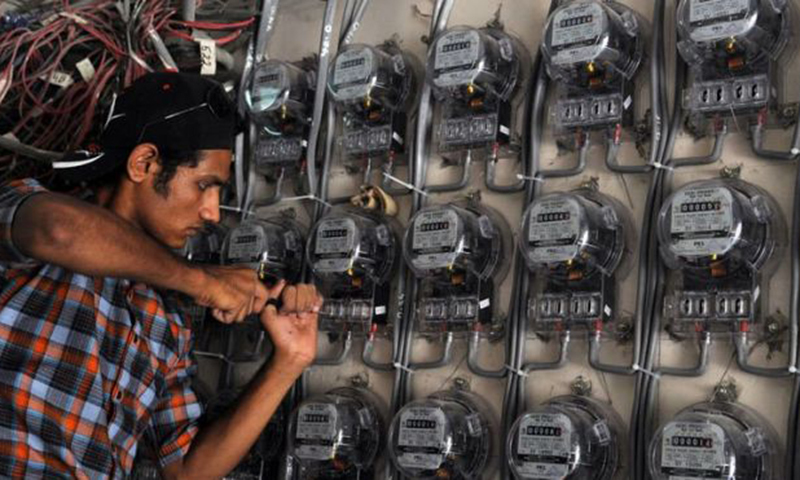PESHAWAR- The federal government’s decision to implement WAPDA Digital Meters Policy has triggered widespread concern among electricity workers, with more than 4,000 meter reader jobs now under threat across Khyber Pakhtunkhwa.
The move follows the approval of the Apna Meter Apni Reading (My Meter, My Reading) mobile application, which allows consumers to submit their own meter readings directly through their smartphones.
Also Read: KP Government Launches Initiative to Tackle Electricity Crisis
This digital shift will initially affect the Peshawar Electric Supply Company (PESCO), Hazara Electric Supply Company (HAZECO), and Tribal Electric Supply Company (TESCO). These three companies have already begun compiling lists of existing meter readers for possible removal or reassignment.
Officials confirmed that dozens of employees nearing retirement age may be offered early retirement packages with benefits. Others with shorter tenures could be let go without guaranteed alternative placements. In the long term, the policy may reduce operational costs and eliminate errors, but its immediate impact is deeply personal and economic.
Also Read: KP to Undertake Solarization of Government Buildings
Due to the ongoing privatisation of electricity distribution companies, the federal government has not approved any new recruitment. As a result, departments are being asked to manage existing workloads with fewer human resources.
WAPDA Digital Meters are being promoted as a step towards modernisation and consumer empowerment. However, for those whose livelihoods depend on manual meter reading, this development presents a bleak reality. Many fear being pushed into the surplus pool, with limited prospects for redeployment.
As the rollout of WAPDA Digital Meters continues, the gap between digital progress and job security becomes increasingly evident. For thousands of meter readers, Apna Meter Apni Reading (My Meter, My Reading) may symbolise not advancement, but unemployment.












